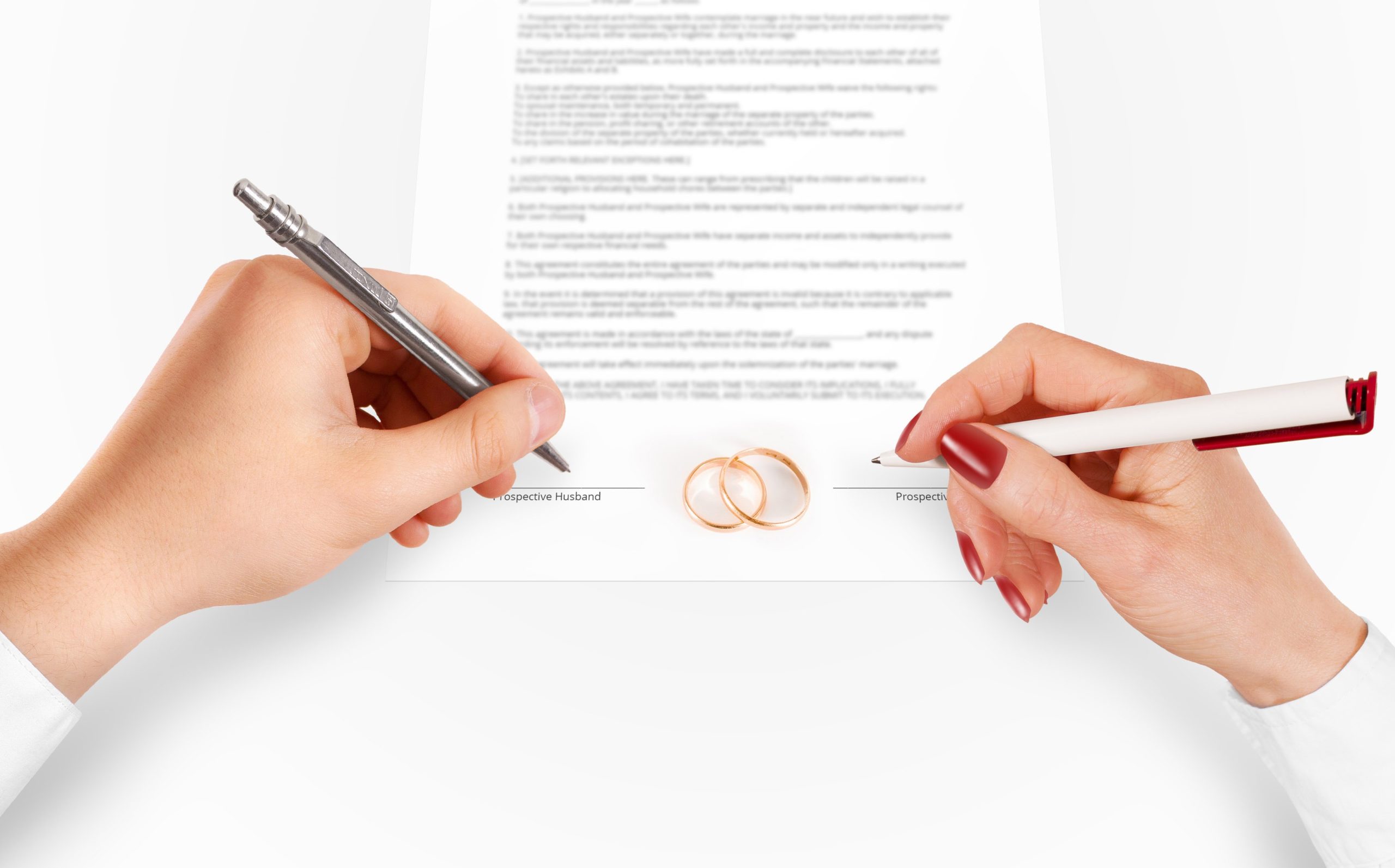1. Find a Good Divorce Lawyer
In order to achieve a Good Divorce start with a Good Divorce Lawyer who will support you through the process. What does that mean? It’s essentially about finding a divorce and family lawyer who takes a constructive approach to family law matters and whose objective is to help you to achieve an amicable and efficient divorce.

I am a divorce and family law specialist based in Kensington. I aim to support my clients through difficult times with an empathetic and constructive approach
2. Obtain further support
I have recognised that my clients may need additional support from experts who offer services that I cannot provide. To learn more about the experts I work with visit my additional support page here.
I have teamed up with Transitions Coach, Jane Parslow, who provides support to those going through a divorce and helps her clients to find clarity and direction. As a coach, Jane offers the emotional support and guidance that sometimes falls outside of my remit. Jane’s website can be found here.

3. How can a coach help?
When the divorce process becomes overwhelming, Jane’s services encourage you to talk about your emotions and feelings, and she will help you to get into the right mindset before speaking to your solicitor. She also helps you to find clarity and to understand your role in the divorce. For example, what do you need to be getting on with and what can you leave to your solicitor?
4. Five Stages of the Divorce
With this in mind, Jane and I have identified the Five Stages of Divorce and will be presenting a series of videos on how to get through the stages with clarity, purpose and direction.
The purpose of this series is to help you to understand how to achieve a good divorce. The videos will highlight what you may be feeling at each stage and how to overcome these feelings in a positive way with coaching and legal advice. At the end of the series you will get a better understanding of what to do, in the right order, and how to deal with overwhelm, ensuring that you have the best future for yourself and your family following a separation or divorce.
5. Watch – How to have a Good Divorce
Stages 1 – 2 can be found using the links below. Stages 3 – 5 will follow shortly.
Stage One – Acknowledgement
Stage 2 – Coming up with a Plan
If you would like to learn more about the divorce process please do not hesitate to
Please feel free to share this article if you found it helpful or consider it may be helpful to others





